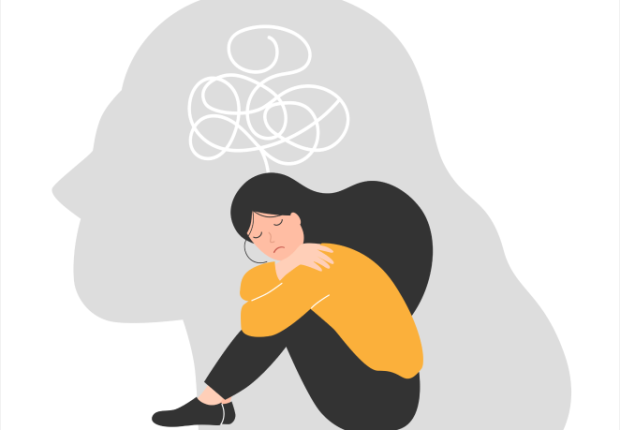Depression in children and adolescents is a mental health condition that causes persistent feelings of sadness, hopelessness, and disinterest in previously enjoyable activities.
Depression in children can interfere with school, relationships, and daily life, and it’s important for parents and caregivers to be aware of the symptoms and seek help from a mental health professional if they are concerned.
Depression in adolescents can interfere with school, relationships, and daily life, and it’s important for parents, teachers, and healthcare providers to be aware of the symptoms and seek help from a mental health professional if they are concerned.
Children with depression may also experience changes in sleep, appetite, and energy levels, as well as feelings of worthlessness or guilt. Adolescents with depression may also experience changes in sleep, appetite, and energy levels, as well as feelings of worthlessness or guilt.

Severe or persistent symptoms: If your teen is experiencing severe or persistent symptoms of depression, such as feelings of hopelessness, worthlessness, or suicidal thoughts, they may need more intensive treatment.
Difficulty functioning: If your teen is having difficulty functioning in their daily life, such as struggling to attend school, complete homework, or engage in social activities, they may need more structured treatment.
Social withdrawal: Teens with depression may withdraw from social activities, spending more time alone or isolating themselves from friends and family. If your teen is withdrawing from social activities, they may need more support and structured treatment.
Here are some specific warning signs that may indicate the need for a higher level of care for depression in teens:
Changes in sleep or appetite: Depression can lead to changes in sleep patterns or appetite. If your teen is experiencing significant changes in their sleep or eating habits, they may need more comprehensive treatment that addresses these symptoms.
Co-occurring mental health issues: Depression can often be linked to other mental health issues, such as anxiety or substance abuse. If your teen has co-occurring mental health issues, they may need more comprehensive treatment that addresses both issues simultaneously.
History of self-harm or suicide attempts: If your teen has a history of self-harm or suicide attempts, they may need more intensive treatment to ensure their safety.
There are several effective therapies for depression in children and adolescents. Here are some of the most common and effective therapies:
Encourage them to engage in activities they enjoy, even if they don’t feel motivated to do so.
Offer to listen and provide emotional support, but avoid giving unsolicited advice or trying to “fix” their problems.
Encourage them to seek professional help from a therapist or counselor.
Be patient and understanding, as recovery from depression can be a gradual and ongoing process.
Help them create a routine with healthy habits such as regular exercise, a balanced diet, and sufficient sleep.
Check-in with them regularly and offer to accompany them to appointments or social events.
It’s important to note that every child or adolescent is different and may require a unique combination of therapies that work best for them. It’s essential to consult with a licensed PRI mental health specialist to determine the best course of treatment for a specific child or adolescent. In some cases, medication may also be recommended as part of the treatment plan.
Consult these questions to better understand and assist: